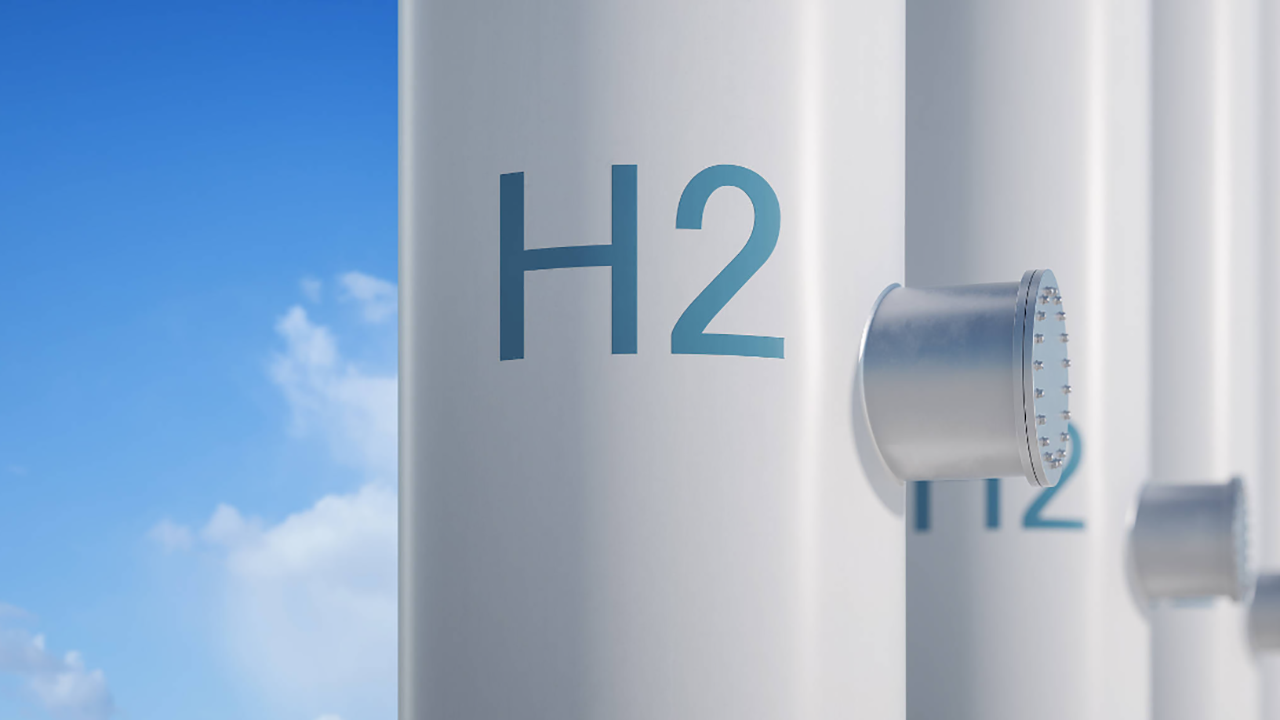Vietnam’s “People’s Daily” reported on February 25 that hydrogen production from offshore wind power has gradually become a priority solution for energy transformation in various countries due to its advantages of zero carbon emissions and high energy conversion efficiency. This is also one of the effective ways for Vietnam to achieve its 2050 net-zero emissions target.
As of the beginning of 2023, more than 40 countries around the world have introduced hydrogen energy strategies and related financial support policies to develop the hydrogen energy industry. Among them, the EU’s goal is to increase the proportion of hydrogen energy in the energy structure to 13% to 14% by 2050, and Japan and South Korea’s goals are to increase it to 10% and 33% respectively. In Vietnam, the Political Bureau of the Communist Party of Vietnam Central Committee issued Resolution No. 55 on the “National Energy Development Strategic Direction to 2030 and Vision 2045″ in February 2020; the Prime Minister approved the “National Energy Development Strategy from 2021 to 2030″ in July 2023. Energy Master Plan and Vision 2050.
Currently, Vietnam’s Ministry of Industry and Trade is soliciting opinions from all parties to formulate the “Implementation Strategy for Hydrogen Production, Natural Gas Power Generation and Offshore Wind Power Projects (Draft)”. According to the “Vietnam Hydrogen Energy Production Strategy to 2030 and Vision 2050 (Draft)”, Vietnam will promote hydrogen energy production and hydrogen-based fuel development in areas with potential to form a hydrogen production to storage, transportation, distribution and use. Complete hydrogen energy industry ecosystem. Strive to achieve annual hydrogen production of 10 million to 20 million tons by 2050 using renewable energy and other carbon capture processes.
According to the forecast of the Vietnam Petroleum Institute (VPI), the cost of clean hydrogen production will still be high by 2025. Therefore, the implementation of various government support policies should be accelerated to ensure the competitiveness of clean hydrogen. Specifically, support policies for the hydrogen energy industry should focus on reducing investor risks, incorporate hydrogen energy into national energy planning, and lay a legal foundation for the development of hydrogen energy. At the same time, we will implement preferential tax policies and formulate standards, technology and safety regulations to ensure the simultaneous development of the hydrogen energy value chain. In addition, hydrogen energy industry support policies need to create demand for hydrogen in the national economy, such as providing financial support for infrastructure development projects that serve the development of the hydrogen industry chain, and levying carbon dioxide taxes to improve the competitiveness of clean hydrogen.
In terms of hydrogen energy use, PetroVietnam’s (PVN) petrochemical refineries and nitrogen fertilizer plants are direct customers of green hydrogen, gradually replacing the current gray hydrogen. With rich experience in the exploration and operation of offshore oil and gas projects, PVN and its subsidiary Petroleum Technical Services Corporation of Vietnam (PTSC) are implementing a series of offshore wind power projects to create good prerequisites for the development of green hydrogen energy.
Post time: Mar-01-2024









